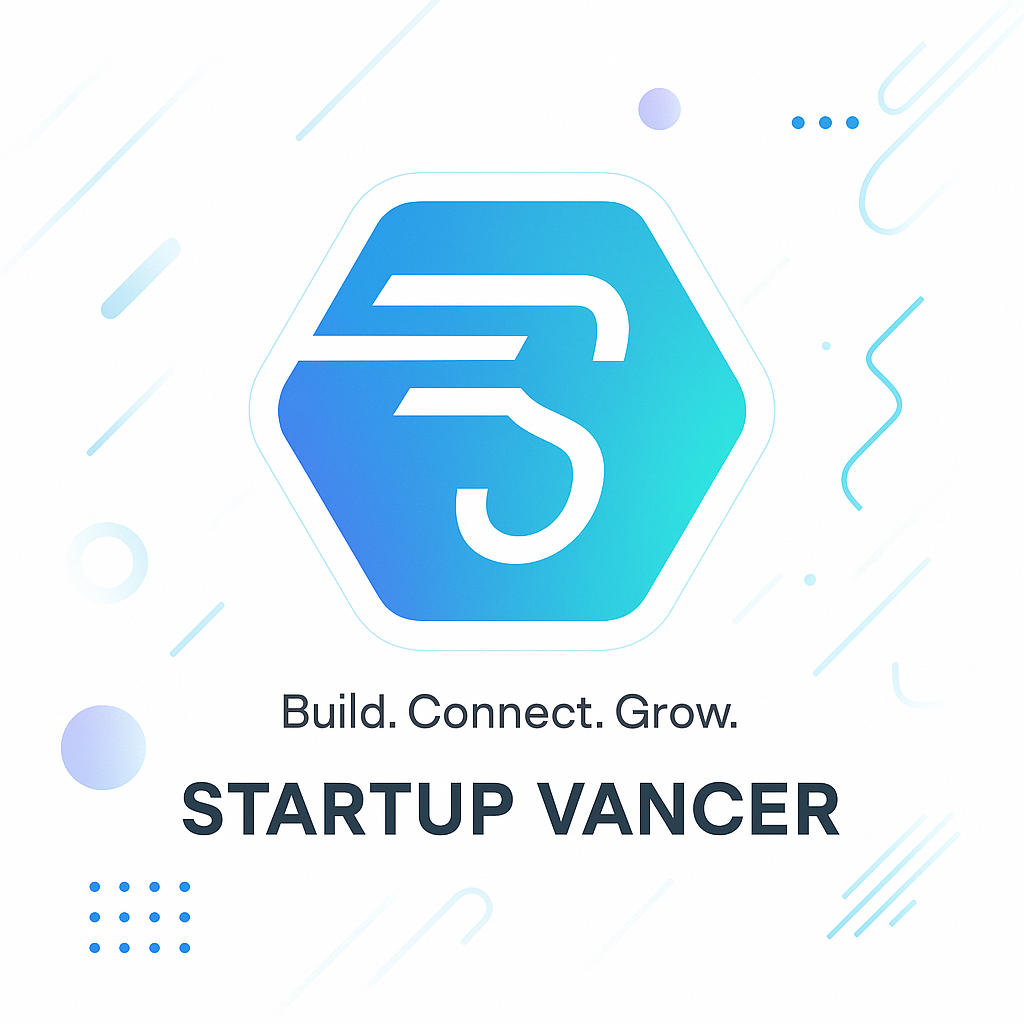
Identifying a successful startup idea requires more than mere creativity; it demands a clear focus on solving real problems that potential customers face. As the entrepreneurial landscape becomes increasingly competitive, aspiring founders must prioritize understanding the market dynamics that surround their ideas. By meticulously researching their audience, entrepreneurs can validate their concepts and ensure they address genuine needs. Furthermore, employing creative strategies can significantly enhance the brainstorming process, enabling entrepreneurs to develop innovative frameworks for their startups. This post will delve into the essential steps of uncovering real problems, validating ideas through market research, and generating unique solutions to launch impactful ventures.
Identifying Real Problems: The Foundation of Great Startup Ideas
Identifying real problems is paramount in developing successful startup ideas. Entrepreneurs who can pinpoint genuine pain points within a target audience are better positioned to create solutions that resonate. There are several key strategies to uncover these real-world issues:
- Engagement: Directly interact with potential customers through surveys and interviews. By asking targeted questions, entrepreneurs can gain insights into the everyday challenges people face.
- Observation: Spend time observing potential users in their environments. This method often reveals problems that individuals might not vocalize but are significantly impacting their lives.
- Trend Analysis: Monitor industry trends and social media discussions. Shifts in consumer behavior or growing dissatisfaction with existing solutions can signal emerging problems that need addressing.
- Networking: Engage with professionals in various industries. Conversations with different stakeholders can unveil hidden problems that might not be apparent within one’s own sector.
By focusing on real problems rather than hypothetical solutions, entrepreneurs can lay a robust foundation for their startup ideas. Utilizing structured approaches enhances the likelihood of identifying issues worth solving, ultimately leading to impactful and profitable ventures.
| Strategy | Description |
|---|---|
| Engagement | Conduct surveys and interviews with potential customers. |
| Observation | Observe users in their natural environment. |
| Trend Analysis | Examine industry trends and discussions on social media. |
| Networking | Connect with professionals across various sectors. |

Research Your Market: Validating Startup Ideas
Validating startup ideas is a crucial step that transforms initial concepts into viable business ventures. Understanding market needs ensures that entrepreneurs focus on solutions that resonate with their target audience. To effectively validate startup ideas, one must consider the following key points:
| Step | Details |
|---|---|
| Conduct Surveys | Engage potential customers through surveys to gather insights on their pain points. |
| Analyze Competitors | Study existing competitors to identify gaps in their offerings that your idea could fill. |
| Utilize Market Research Tools | Leverage tools like Google Trends or SEMrush to assess demand for specific products or services. |
| Gather Feedback | Present ideas to a selected audience for feedback, tweaking concepts based on their responses. |
| Prototype Testing | Create a minimum viable product (MVP) to test with early users, gauging interest and usability. |
By executing thorough market research, entrepreneurs can refine their ideas, ensuring that they address real-world problems while aligning with consumer expectations and market trends. This process mitigates risk and increases the likelihood of a successful startup launch.
Creative Approaches to Generate Innovative Startup Ideas
Generating innovative startup ideas requires a blend of creativity, strategy, and insight. Entrepreneurs can adopt various approaches to stimulate their thinking and uncover unique solutions. Here are several effective techniques:
| Approach | Description |
|---|---|
| Mind Mapping | Create a visual map of your thoughts. Start with a central concept and branch out to explore related ideas, allowing for a free flow of connections and insights. |
| Reverse Engineering | Analyze existing products or services to identify pain points or gaps. By understanding their weaknesses, entrepreneurs can brainstorm improvements or alternatives. |
| User-Centric Design | Engage directly with potential users through interviews or surveys. Their feedback can highlight problems needing solutions, driving inspiration for innovative ideas. |
| Cross-Pollination | Explore industries outside your expertise. Combining ideas from different fields can spark creativity, leading to unique business concepts that solve diverse problems. |
| Trend Analysis | Monitor market trends and consumer behavior. Understanding emerging needs can provide a fertile ground for idea generation, ensuring relevance in the evolving landscape. |
By leveraging these creative approaches, entrepreneurs can not only generate innovative solutions but also ensure that these ideas are rooted in real-world problems, thereby increasing their chances of success.
Frequently Asked Questions
What are some effective strategies for generating startup ideas that solve real problems?
Effective strategies for generating startup ideas often involve identifying gaps in the market and understanding consumer pain points. Entrepreneurs can utilize methods such as customer interviews, surveys, and market research to gather insights from potential users about their daily challenges. Participating in community brainstorming sessions or workshops can also offer diverse perspectives and spark innovative thoughts. Furthermore, leveraging frameworks or structured processes for ideation can guide entrepreneurs in transforming insights into actionable business concepts that meaningfully address real-world issues.
How important is it to validate a startup idea before launching?
Validating a startup idea before launching is crucial as it helps entrepreneurs assess the viability and demand for their product or service. This process generally includes gathering feedback from potential customers, conducting market analysis, and testing prototypes or minimum viable products (MVPs) to gauge interest and usability. Validation reduces the risk of launching an untested concept and allows founders to refine their offerings based on real-world input, ensuring that they are addressing genuine needs and increasing the chances of success in a competitive market.
What role does problem-solving play in the success of a startup?
Problem-solving is central to the success of a startup as it directly correlates with its ability to provide value to customers. A startup that identifies and addresses a specific issue is more likely to resonate with its target audience, fostering customer loyalty and satisfaction. Successful startups often position themselves as solutions to pressing challenges, which not only enhances their marketability but also supports sustainable growth. By consistently solving problems and adapting to changing consumer needs, startups can maintain relevance and build a strong competitive advantage.






